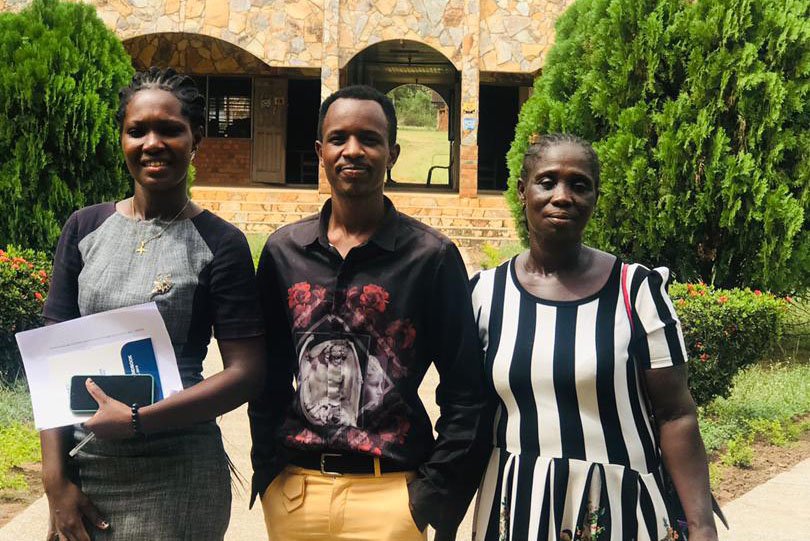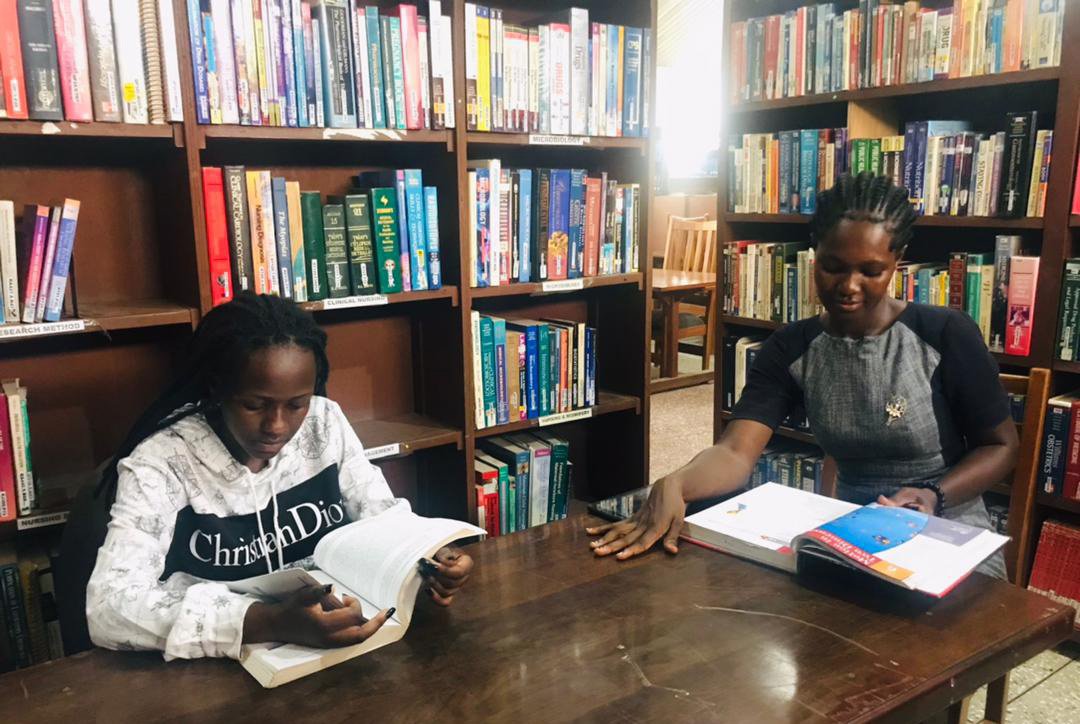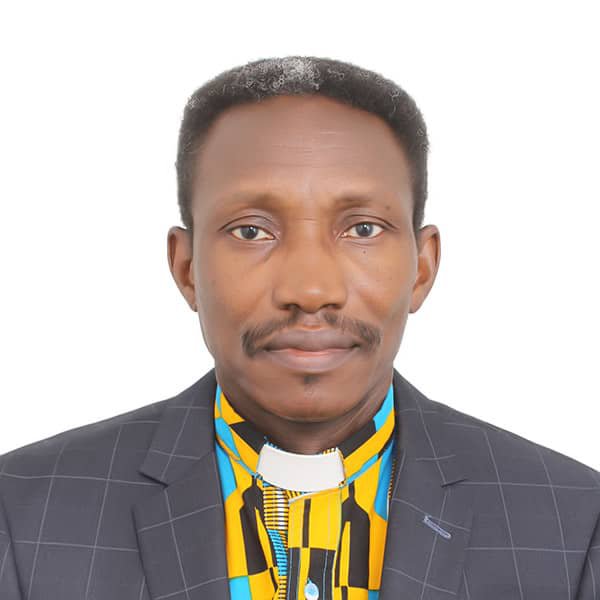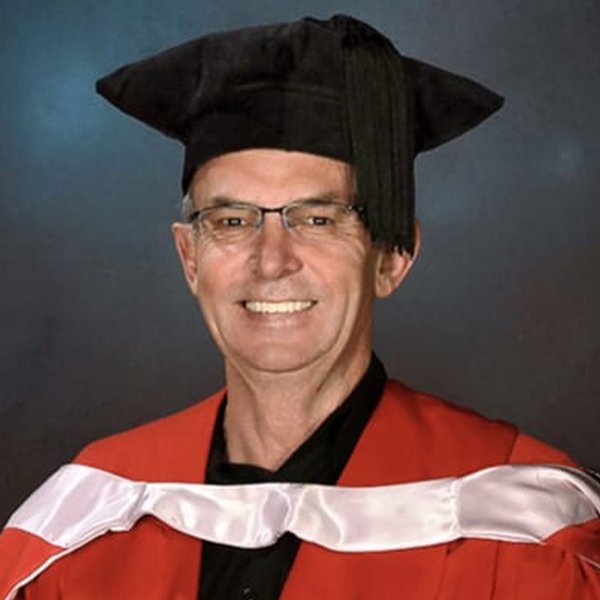About Us
The center for Theology and Economics (CETEC) is the academic component of Theology and Nation Building Mission–Africa (TNBM), a contextualization mission for home grown solutions for Africa birthed by Trinity Reforms Ministry.
Theoconomy is a modern field of economics of theocratic order for a common interest economy founded by Dr J. Walters, North West University, South Africa. The center for Theology and Economics (CETEC) is the academic component of Theology and Nation Building Mission–Africa (TNBM) for home grown solutions at the Ghana Christian University College/CETEC, Ghana. TNBM is thus a Christian Mission Think Tank, designed to lead Africa to engage theology with culturally-rooted questions bordering on spiritual, social, politics and economics. TNBM is a modern field in mission in Practical Theology anchored on innovation and ethics for moral renewal for home grown initiatives for home grown solutions for proper order of prosperity of African nations.
The Ghana Christian University College in Ghana, West Africa is affiliated to the University of Development Studies –UDS and the Akrofi-Christaller Institute (ACI). CETEC is designed to produce theoconomists –transformational economics professionals in a modern field of economics in development economics. Theoconomists solve complex existential problems for economic structural transformation and sustainability in nation building for proper order of prosperity. Theoconomy professionals understand modern day economy of innovation and ethics of responsibility in home grown initiatives for home grown solutions.
Theoconomy
Theoconomy, in practical theology, is theology applied to development economics in the academia and industry for a new career path in economics and industrialization for home grown solutions. Theoconomy is thus a practical theology for professional studies in modern field of economics in theocratic order. Theoconomy is for a common interest economy in a multipolar society. Theoconomy essentially, provides understanding of contextual mission in an indigenization for self-reliance economies. Theoconomics, in development economics, is the study of economic science in harnessing and allocation of scarce resources with ethics and innovation in the areas of (1) mercantilism, (2) structural-change theory, (3) linear stages of growth and (4) economic nationalism – a new economic order (theoconomy) for home grown solutions to meet peoples’ needs in multipolar society for common interest economy. Theoconomy reflects the natural order progression economic principles of Adam Smith. Theoconomy promotes economic structural transformation for sustainable economies for nations to break away from foreign grant-aid-import dependency economy.

Global economy that lacks ethical component is presently in need of a new order and growth stimuli. Deficiencies have been identified in global economic order in serious disequilibrium economic growth between Africa and the rest. Many theories have not paid much attention the missing link identified, which is a science of the rules of morality called, Ethics, expunged from the economics theory of Adam Smith. The world economic order is thus confronted with severe ethical issues threatening equitable global economic order. Hence to help fix this systemic mess,
Theoconomy/theoconomics is introduced in development economics for a new order and growth stimuli to global economy.
Theoconomy, which is a common interest economy in a multipolar society, is a modern career path in economics and industrialization in development economics for home grown solutions. Theoconomy offers a new economic order with economic diversification values, which articulate natural laws of prosperity and a universal ethics standard that is responsive to the changing universal conditions.
Theoconomics fundamentally, harnesses traditional and non-traditional natural resources for innovative local income mobilized economy. It is the study of art and science of prudence and care exercised by humans over their limited resources in production, distribution and consumption of goods and services. Theoconomics is thus the study of economic science in harnessing and allocation of scarce resources with ethics and innovation for home grown solutions to meet peoples’ needs in multipolar society for common interest economy.
Vision Statements
To be an academic center of modern field of economics of theocratic order for driving home grown initiatives for home grown solutions for sustainable and resilient common interest economy in Africa.
Mission Statements
Training students in Development Economics with Ethics to understand theocratic order Economy called Theoconomy.
Objectives
- To introduce a theological paradigm economics (Theoconomy), a modern field in Development Economics in the academia for new career path in economics and industrialization
- To produce theoconomists with ethics and innovation in Development Economics to solve complex existential problems for economic structural transformation and sustainability for proper order of prosperity.
- Focus on theoconomy to produce professionals to be better prepared for home grown solutions demanded at the workplace and in nation building now and in the future
- Promote socio-economic ideology for why public servants should embrace theoconomy to become more service orientated with ethics and focused on the common interest of Africans.
- Promote socio-economic ideology for ethically preaching and practicing the principles of Theoconomy in order to promote proper order of prosperity.
Goals
- CETEC shall have the first batch of postgraduate studies by 2025 in Master of Arts in Theology and Economics (MATE).
- By the 4th year at work, CETEC should be enrolling at least 100 students yearly in theology and economics.
- To produce at least 400 practicing theoconomists in at least 40 African countries by 2044.
- Theoconomy to become a household name in economics discourse in Africa for home grown solutions by 2034.
Core Values
- Seeking theocratic order for Home grown solutions for Proper Order of Prosperity for Africa.
- Embracing ethics of responsibility and innovation for home grown solutions in nation building.
- Seeking Common Interest Economy for our African nations in a multipolar society.
Visiting CETEC
Studying Theology and Economics at CETEC is a great way to enhance your career. In today’s competitive environment, professionals need the skills to adapt to an ever-changing business world..




Founding Members/Officers

REV FRANCIS Y AKRON MENSAH - Ghana
Founding President

REV DR HUMPHREY A AKOGYERAM - Ghana
Director of Academic Affairs and Research

DR JOHANN WALTERS - South Africa
President, International Relations (First Exponent of Theoconomy)

MR. MAXWELL OBAKUNKOR - Ghana
Administrator/Academic and Students Relations Officer
DR EMMANUEL ANI - Ghana
Director of Research and Programmes Development
Academic Board
REV DR. JAMES YAMOAH – CHAIRMAN
Vice President, Ghana Christian University College
REV DR. HUMPHREY AKOGYERAM – VICE CHAIRMAN
Center for Theology and Economics/Good News Theological Seminary
DR. EMMANUEL ANI – MEMBER
University of Ghana/Center for Theology and Economics
DR JOHANN WALTERS – MEMBER
Unit of Transformational Theology, North West University, South Africa
REV FRANCIS AKRON MENSAH – MEMBER
Center for Theology and Economics/Ghana Christian University College
PROFESSOR PIOTR KOPIEC – MEMBER
John Paul II Catholic University, Poland
REV GODSON MENSAH EWORYI – MEMBER
Ghana Christian University College

